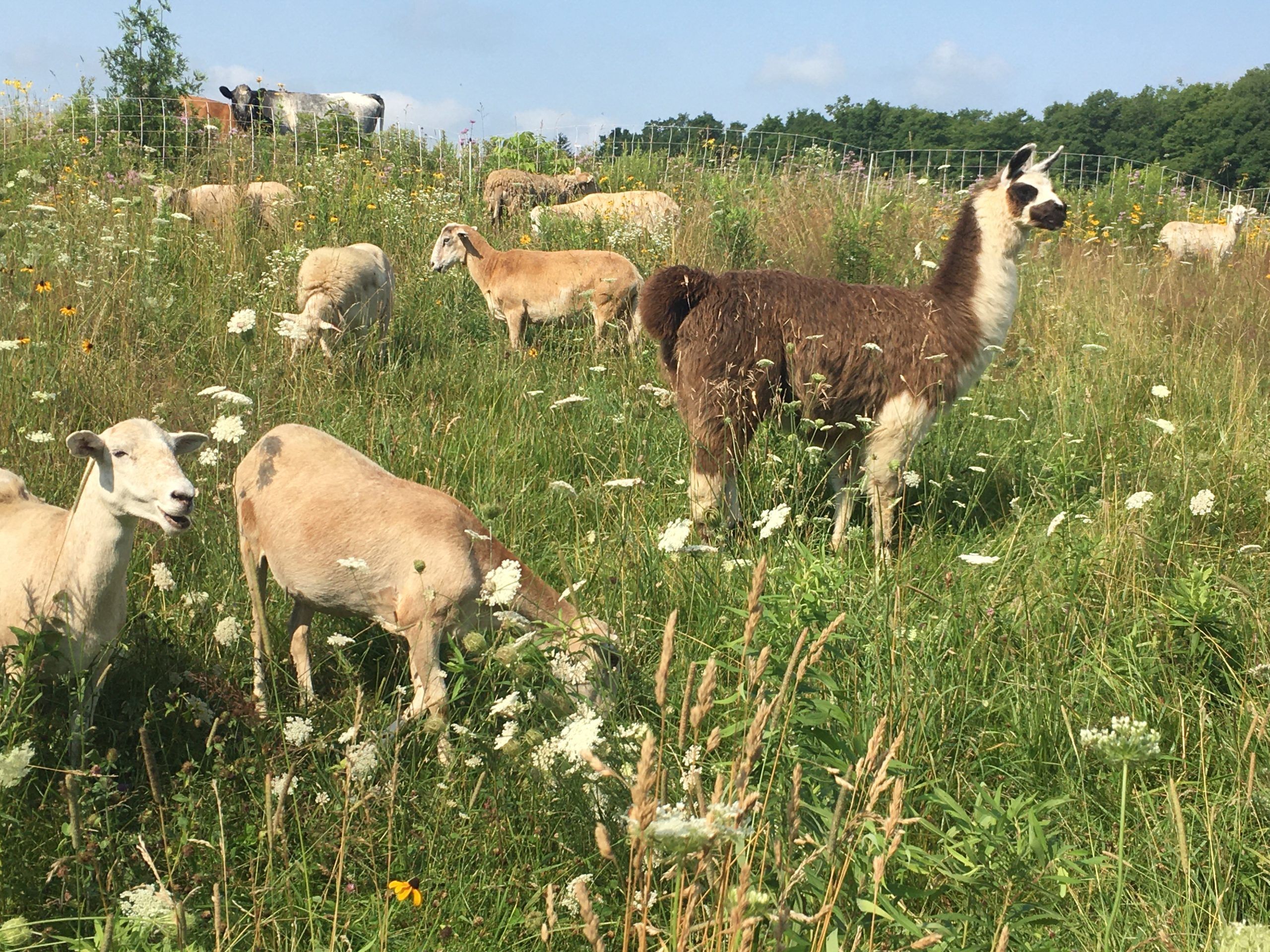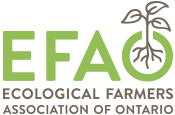
- This event has passed.

Key Considerations for Raising Livestock Regeneratively
Wednesday March 8, 2023 @ 7:30 pm - 9:30 pm
This final course session will cover the remaining key considerations around keeping livestock. This will include considerations around processing livestock and finding abattoirs; animal husbandry standards and certifications such as organic and humane; breed associations; animal welfare; marketing; and how to write an effective grazing plan. This session will include a segment delivered by Tony McQuail on Holistic Management Planned Grazing systems.
For folks participating in the full “Introduction to Regenerative Livestock” course, this session will fill in remaining gaps in foundational knowledge. This session will also be relevant as a standalone session for those who already have livestock or who are considering keeping livestock and who want a general overview of any of the topics listed above, or the opportunity to learn from seasoned livestock farmers.
This session is a part of the Introduction to Regenerative Livestock course. Sign up for the full course or other individual sessions on the EFAO Events page.
This session is an OSCIA-recognized On-Farm Climate Action Fund (OFCAF) Knowledge Sharing Event (KSE) for applicants with approved Rotational Grazing Systems projects. Participants must attend this session live in order to count this as a KSE. Questions about OFCAF should be directed to OFCAF@ontariosoilcrop.org
About the instructors:
Fran McQuail: Fran McQuail and her husband, Tony, have run a small diversified certified organic farm ( Meeting Place Organic Farm) near Lucknow, Ontario for 40 years. After turning the business over to their daughter, Katrina, they still live on the farm and continue to be actively involved with it.
The farm evolved over the years from a small homestead livestock style operation to a commercial enterprise but still with a wide diversity of livestock. They have raised everything from rabbits to goats to horses and most other types of livestock along the way. They were early adopters of Holistic Management’s Planned Grazing, a rotational grazing system that improves the pasture over time by considering the plants in addition to the animals. Planned Grazing of all livestock is the foundation of the farm’s current production. This include meat chickens, layers, pigs, cattle and draft horses. The farm’s website is www.meetingplaceorganicfarm.ca
Fran, a past President of EFAO, enjoys sharing her knowledge and experiences with others and has taught livestock and farm management courses for EFAO in the past.
Katrina McQuail: Katrina McQuail returned to Meeting Place Organic Farm in 2014 and took over the farm business in 2016. Born and raised in Huron County on the farm, Katrina took a round about way back to becoming a farmer. Spending over 10 years away, Katrina completed a degree in Business and Not For Profit Management and a minor in French at Earlham College in Indiana before going on to work in the culinary industry, traveling in the Caribbean, Central and South America as well as in Europe, and working for government and corporate agencies before running a wonderful social change not-for-profit in Guelph for 4 years.
Currently Katrina serves on the EFAO board, just stepped back from the Eat Local Huron Board and is the assistant clerk for Friends General Conference. Katrina is passionate about all things farmy – but especially pigs. Katrina and her partner Ben live on the farm with their two young children. Planned Grazing of all livestock is the foundation of the farm’s current production. This includes meat chickens, layers, pigs, cattle and draft horses. The farm’s website is www.meetingplaceorganicfarm.ca
